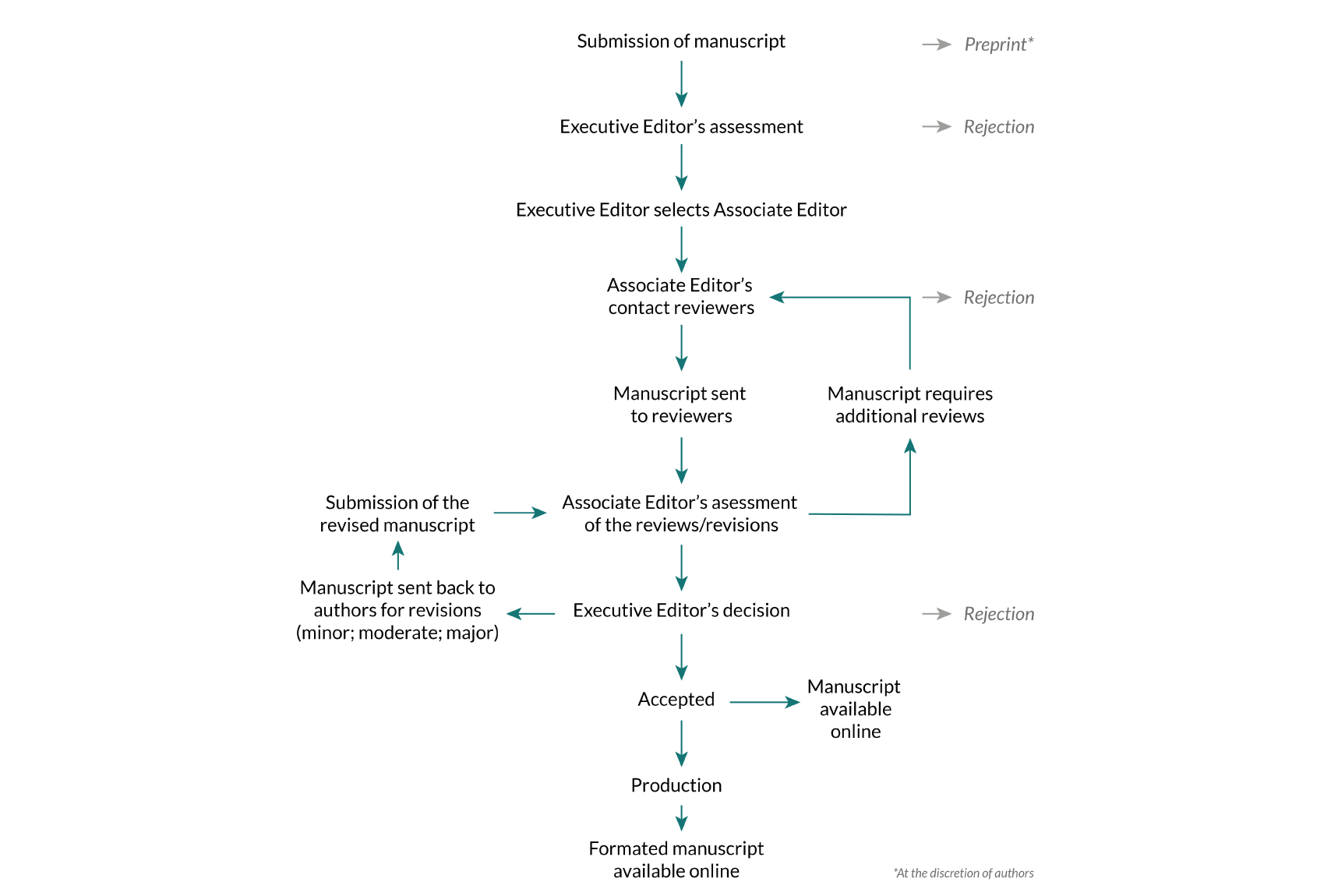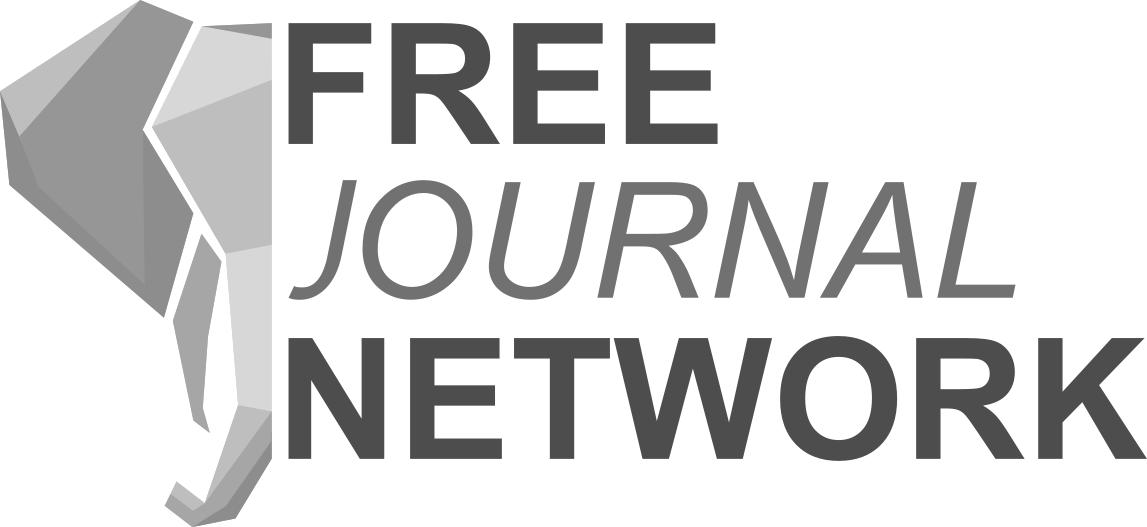About the Journal
Sedimentologika (e-ISSN 2813-415X) is a community-driven, Diamond Open Access scientific journal dedicated to advancing the field of sedimentology. As a Diamond Open Access journal, our content is freely available to read and share, and the journal is free to publish in. We're proud to hold the DOAJ Seal for demonstrating best practice in open access publishing.
Sedimentologika has been open for submission since November 2022. Thanks to all the members of the Sedimentologika community who have and continue to make this journal possible. You can read more about the Sedimentologika initiative in our editorial.
Sedimentologika aims to provide high-quality scientific publications in the broad fields of sedimentology and stratigraphy that are accessible to all, at no cost to authors or readers. We also aim to foster an inclusive and diverse environment within sedimentology, stratigraphy, and related fields.
Page Content
Scope
Sedimentologika is an international, broad scope Diamond Open Access journal the publishes research on sedimentology, stratigraphy, and related fields. The journal accepts research with widely applicable advances in sedimentology and regional case studies with a broader interest in the sedimentology community. We also encourage interdisciplinary studies that link sedimentology to e.g., geochemistry, palaeontology, microbiology, archaeology, geomorphology, meteorology, hydrology, paleoclimate, tectonics (amongst others), and transdisciplinary studies that encompass the sedimentology in society, education, and technology. Contact us to discuss how your work may fit the scope of Sedimentologika.
The broad scope of Sedimentologika sits on the interface with the scopes of our sister Diamond Open Access journals: Advances in Geochemistry and Cosmochemistry, Geomorphica, Seismica, Tektonika, and Volcanica. We encourage our community to support these community-driven initiatives and consider publishing in them if their scope is more aligned with your research.
Open Access Statement
Sedimentologika is a truly free and open-access journal, with no fees or article processing charges for authors and no paywalls for readers. We're proud to be a Diamond Open Access publication, made possible by our community of dedicated volunteer scientists who give their time without expectation of financial compensation. Our editors, reviewers, and committee members contribute their expertise on a voluntary basis, ensuring that our journal remains accessible to all. All published content is immediately and freely available to the public.
In addition to our commitment to open access publishing, we strongly encourage the Sedimentologika community to support broader open access principles including, but not limited to the use of preprints, making data available and FAIR, and consideration of diversity, equity, and inclusion principles.
Statement on Publishing Cost
Submitting and publishing in Sedimentologika is, and will always be, entirely free of charge. There are no charges whatsoever for authors to submit, publish, or have their work evaluated, edited, and read.
Publication Guidelines
For full author guidelines please see our manuscript and figure and table guidelines.
Prior to submission, please make sure your submission complies with the following:
- Your submission has not been published previously and is not under consideration with another journal. However, preprints on platforms such as ArXiv, EarthArXiv, or ESSOAr are not considered a prior publication, and are strongly encouraged by our open access statement.
- Your work complies with the Sedimentologika code of conduct and ethics statement.
- Your work adheres to the Sedimentologika manuscript and figure and table guidelines. This includes accessibility considerations for figures, e.g. colour schemes and contrast.
- The authors and institutions from which they are affiliated declare no conflict of interest.
- You have included a “Data Availability Statement” in the manuscript.
- Your data and/or code should be made available in accordance with the FAIR principles on long-term hosting platforms like Zenodo, Pangaea, Mendeley Data, or GitHub.
- You should provide access for editors and reviewers during review and for the public after publication.
- Where an embargo is required due to data confidentiality, you may request data access be restricted to editors and reviewers.
- In the case of manuscripts working with seismic data, we strongly encourage authors to make their horizons and surfaces available when the seismic data itself cannot be shared. The embargo cannot be longer than one year.
- Regarding large datasets of several GB, please state that the data may be shared using analogue devices such as external hard drives or USB flash drives if it is not possible to host it via a data-hosting service.
- You have included an "Authors Contribution Statement" in agreement with the ANSI/NISO Z39.104-2022 CRediT statement and the Vancouver Convention/ICMJE recommendations for authorship.
- Bibliographic references are compliant with the American Psychological Association 7th edition (APA7) format and follow the I4OC (Initiative for Open Citations) principles.
Additionally, you should:
- Provide a cover letter addressed to the editors, outlining the scope of your submission, why it is suitable for publication in Sedimentologika, and suggest potential reviewers and/or state reviewers who may have a conflict of interest or non-scientific objection to the research.
- Provide your submission as a single word processor file (Microsoft Word, Open Office, or LaTeX) using the Sedimentologika format templates (available here), with figures and tables embedded in the text where appropriate.
- Provide any supplementary information in an appropriate file format for the information (e.g., spreadsheet, pdf, word processor file).
The submission of a “non-technical summary” (max. 150 words) in English is mandatory at acceptance. Additionally, the authors can add a “non-technical summary” in the language of their choice. Sedimentologika can use non-technical summaries to share your research on social media and other platforms.
Articles will be published online upon acceptance and integrated into issues and volumes over time. We expect one to two issues for the first years of Sedimentologika. Contributions can be submitted at any time.
Review
Author(s) may request anonymity before the reviewing stage.
Peer reviews can be made available to the reader upon request.
Reviewers are expected to adhere to the Sedimentologika reviewer guidelines
See below for the detailed submission-to-publication process flow chart.

Plagiarism & Fraud
Sedimentologika has an established, strong, equitable and fair Code of Conduct and Ethics Statement.
Authors are highly encouraged to carefully read and follow the San Francisco Declaration On Research Assessment (DORA) for researchers.
Every submitted manuscript will go through plagiarism control. Plagiarism is unacceptable and will not be tolerated. As per our Code of Conduct, disciplinary measures will be taken against authors found to have engaged in plagiarism.
Copyright Notice
The authors retain the copyright for articles published in this journal, with the first publication rights granted to Sedimentologika.
All articles published in Sedimentologika are published under the Creative Commons Attribution 4.0 International licence (CC-BY). Therefore, Sedimentologika‘s content is freely available to download, save, reproduce, and transmit for any purpose. Please note that reproduction and transmission of journal content should always credit the authors and original source.
Preprint Policy
As defined by COPE, preprints are:
"a scholarly manuscript posted by the author(s) in an openly accessible platform, usually before or in parallel with the peer review process."
As part of our mission to promote Open Science, Sedimentologika strongly encourages authors to deposit their work in preprint form, to a public platform such as ArXiv, EarthArXiv (preferred), or ESSOAr. This can occur at anytime, without restriction. These preprints do not constitute a prior publication that would prevent authors from submitting their manuscript to Sedimentologika.
If and when the manuscript is accepted for publication, the preprint must be updated to include a reference to the published article, including url and doi links.
Authors who request anonymity may want to note that preprints shared publicly before submission could potentially reveal their identity and compromise their wish for anonymous peer review. If you're concerned about maintaining your anonymity, please discuss this with us before submitting.
Archiving
Sedimentologika ensures the long-term availability of its contents. Articles published in the journal are automatically deposited in the institutional repository of the University of Geneva, l'Archive ouverte, and from there, in the SAFE PLN Network, thus ensuring a very high level of preservation.
In addition to preprints, Sedimentologika supports and encourages self-archiving of the accepted and published versions by authors of their contributions in open-access repositories of their choice without any embargo period.
Languages
All submissions must be made in English. We encourage authors to provide a translation of the title and an optional non-technical summary of the article in a language of their choice once the article is accepted. This translation will allow the dissemination of work to non-English speakers that may find specific interest in the publication. This translation will not be peer-reviewed but will accompany the article in its final form.
Publisher
Sedimentologika is published by the Library of the University of Geneva using a customized version of the Open Journal Systems (OJS) software by The Public Knowledge Project (PKP).
Partnership
The support of the SEPM (Society for Sedimentary Geology) has been guaranteed for an initial period of two years (2022 & 2023). Sedimentologika is looking forward to partnering with other non-profit organizations, national agencies, and learned societies. Especially those wishing to push the values of open science, equity, diversity, inclusion, and justice in academia and wider society.






